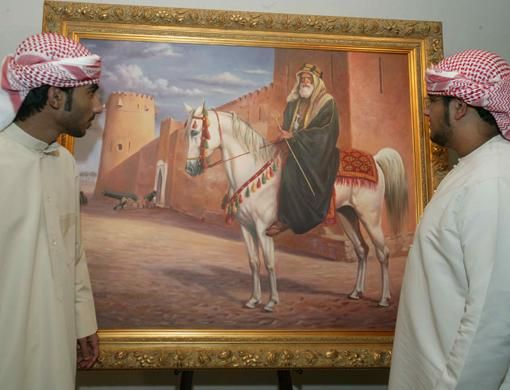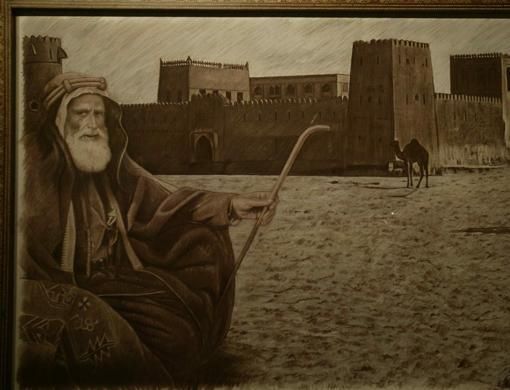Al Ain: A man with extraordinary capabilities and wisdom never remains buried silently in the annals of history, especially when he gave identity and respect to his progeny and tribesmen at times of great struggle.
Shaikh Zayed Bin Khalifa Al Nahyan was such a man who is being remembered after a century for lifting his scattered tribe to eminence on the Arabian Gulf.
Remembered as Zayed the Great and Shaikh Zayed I, he ruled Abu Dhabi for 54 years from 1855 to 1909, the longest reign in the history of the Emirate, leaving behind a legacy of dignity, political wisdom, and unity.
The emirate is marking the centennial of his death through a year-long campaign which started on Tuesday.
The celebration started at Al Jahili Fort, built by Shaikh Zayed I in 1897 to guard the eastern region bordering with the then-turbulent Oasis of Buraimi.
Abu Dhabi Culture and Heritage Authority has organised the celebrations showing documentary films, photographs, and paintings, along with a variety of traditional events.
The aim is to highlight national identity, in an ongoing process to bring together heritage with modernity and the historical significance of Sheikh Zayed I, according to the authority.
Historians say Shaikh Zayed I was a powerful leader after Shaikh Dhiyab Bin Isa, who founded the city of Abu Dhabi, and his son Shaikh Shakhbut Bin Dhiyab (1793-1816) who brought a large territory under the Bani Yas tribe's control.
This area spread from Doha to Buraimi, an oasis bordering Abu Dhabi and Oman.
Most of Shaikh Zayed I's rule was in the 19th century, a period which brought Abu Dhabi into regional pre-eminence.
The Nahyan family belongs to a sub-tribe, called Al Bu Falah, of the Bani Yas, one of the principal tribes of the Arabian Peninsula. The Bani Yas settled in the desert of Al Dafrah for centuries; Al Bu Falah rulers were their leaders.
"Shaikh Zayed the Great proved his leadership abilities and combined his military power and vision. He established a strong identity and guided his people and the area through his dynamic leadership," said Dr Husam Mohammad Sultan Al Ulama, Dean of the UAE University Libraries.
He developed a powerful foreign policy to deal with the Britons, Omani, Turks, and Saudi confederacy of tribes which repeatedly occupied Buraimi.
It was he who signed a treaty giving Britain the right to represent the emirate's international relations while guaranteeing Abu Dhabi's sovereignty.












